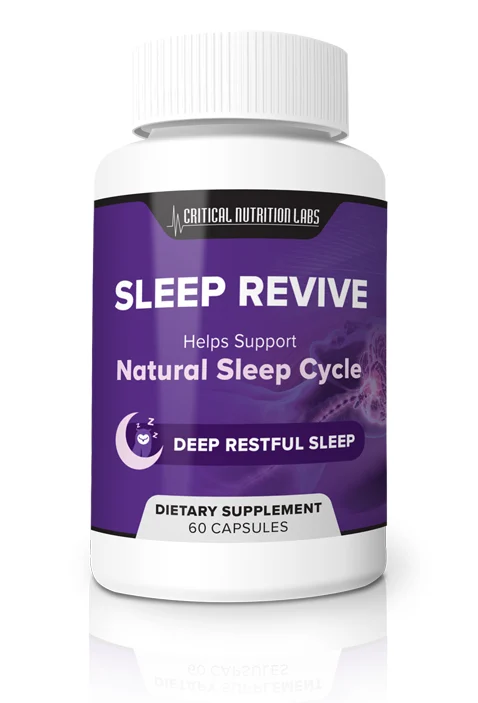Snoring Remedies: Effective Solutions for Peaceful Nights
Tired of loud snoring? Discover the best snoring remedies—from lifestyle changes to anti-snoring devices—and finally enjoy quiet, restful sleep.
Introduction
Snoring affects nearly 45% of adults occasionally and 25% regularly. While often harmless, chronic snoring can disrupt sleep—for both the snorer and their partner—leading to daytime fatigue, irritability, and even health risks.
The good news? Most snoring is treatable. In this guide, we’ll explore:
✔ Why people snore (common causes)
✔ Best snoring remedies (natural & medical)
✔ When snoring signals a serious problem (like sleep apnea)

Why Do People Snore?
Snoring occurs when airflow through the mouth and nose is partially blocked, causing tissues to vibrate. Common causes include:
1. Obstructed Nasal Airways
- Allergies or colds (congested sinuses)
- Deviated septum (crooked nasal cartilage)
2. Poor Sleep Position
- Back sleeping (tongue falls backward, narrowing the airway)
3. Lifestyle Factors
- Alcohol (relaxes throat muscles excessively)
- Obesity (extra neck fat presses on airways)
- Smoking (irritates throat tissues)
Read More: The Ultimate Guide to Sleep Disorders & Solutions
4. Sleep Apnea
- Loud snoring + choking/gasping may indicate obstructive sleep apnea (OSA), a serious condition requiring medical attention.

Top 10 Snoring Remedies (That Actually Work)
1. Change Your Sleep Position
- Sleep on your side (prevents tongue from blocking the throat)
- Use a body pillow to stay in position
2. Nasal Strips or Dilators
- Breathe Right strips (open nasal passages)
- Nasal cones/dilators (improve airflow)
3. Anti-Snoring Mouthpieces
- Mandibular advancement devices (MADs) gently shift the jaw forward.
- Tongue-retaining devices hold the tongue in place.
4. Weight Loss (If Overweight)
- Losing just 10% of body weight can reduce snoring.
5. Avoid Alcohol Before Bed
- Alcohol over-relaxes throat muscles, worsening snoring.
6. Stay Hydrated
- Dry throat tissues vibrate more—drink water throughout the day.
7. Humidifiers
- Moist air prevents throat irritation and reduces snoring.
8. Throat Exercises
- Singing or playing wind instruments strengthens throat muscles.
- Try “didgeridoo playing” (proven to reduce snoring).
9. Essential Oils
- Peppermint or eucalyptus oil (opens nasal passages when diffused).
10. Treat Allergies
- Antihistamines or nasal sprays (if congestion is the cause).
When to See a Doctor
Snoring may require medical attention if you experience:
✔ Gasping/choking at night (possible sleep apnea)
✔ Extreme daytime fatigue
✔ High blood pressure or heart issues
A sleep study (polysomnography) can diagnose sleep apnea.
Best Anti-Snoring Products
| Product | How It Works | Best For |
|---|---|---|
| Breathe Right Strips | Opens nasal passages | Mild snorers |
| ZQuiet Mouthpiece | Adjusts jaw position | Jaw-related snoring |
| ChiliPad | Cools body temperature | Snorers who overheat |
| White Noise Machine | Masks snoring sounds | Partners of snorers |
Natural vs. Medical Solutions
| Remedy Type | Pros | Cons |
|---|---|---|
| Lifestyle Changes | No cost, long-term benefits | Takes time |
| Anti-Snoring Devices | Immediate relief | Can be uncomfortable |
| Surgery (UPPP) | Permanent fix for some | Invasive, recovery time |
Final Thoughts
Snoring doesn’t have to ruin your sleep—or your relationship. Simple fixes like side sleeping, nasal strips, or throat exercises can make a big difference. For chronic cases, consult a doctor to rule out sleep apnea.




